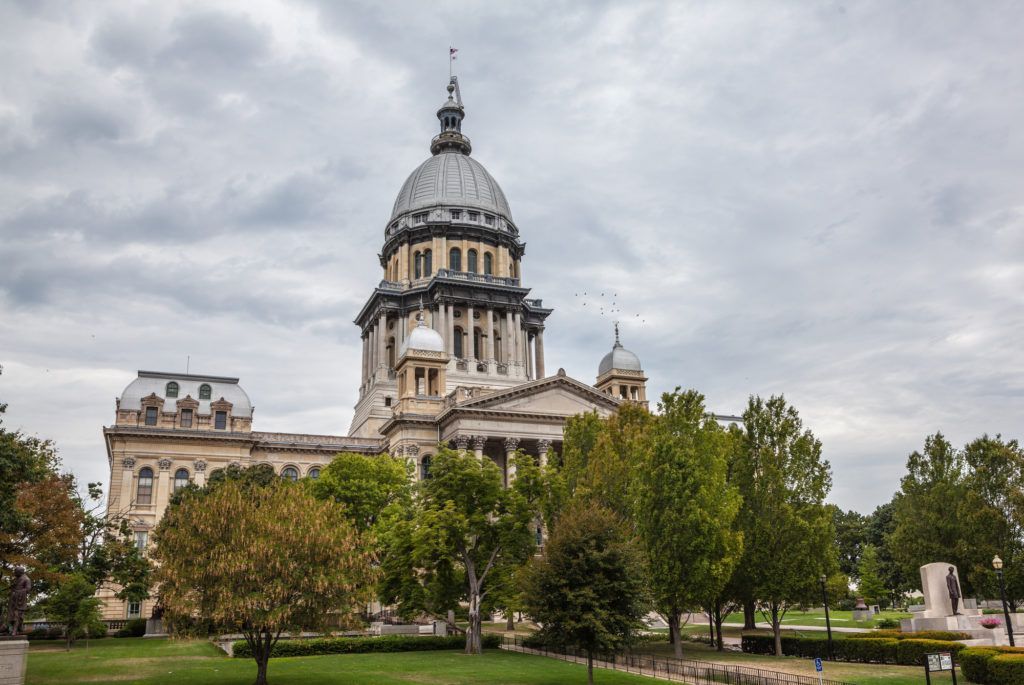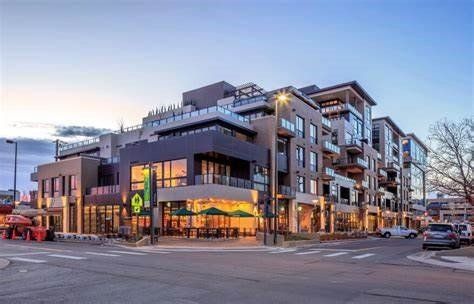
VESTED RIGHTS
VESTED RIGHTS Local governments, planning boards, and developers are often faced with the question as […] The post VESTED RIGHTS appeared first on Shapiro & Associates.
VESTED RIGHTS
Local governments, planning boards, and developers are often faced with the question as to when the local government’s need to respond to new or changed circumstances is appropriately balanced against the property owner’s (i.e., permit applicant’s) need for certainty. The question is often framed in terms of whether the property owner’s right to develop has “vested” and cannot be taken away or changed by subsequent municipal action. Not surprisingly, disputes over vesting are often the source of headaches, controversy, and sometimes litigation, during the development process. Consider the following scenario:
The planning commission has recommended to the governing body a zoning change that would prohibit gas stations from one of the city’s zoning districts. The governing body has held hearings on this zoning change. But shortly before the city’s governing body adopts the zoning change, a property owner files an application to build a gas station in this zoning district. Does the applicant have the right to a permit based on the zoning in place at the time he filed the application? In other words, has he gained “vested” (zoning) rights?
The situation described above is not uncommon. In fact, the “hypothetical” above is drawn from the fact pattern of an Illinois case, Chicago Title and Trust Co. v. Village of Palatine 22.Il.App.2d 264, 160 NW 2d (1959):
On November 27, 1957 the Standard Oil Company filed an application with the Village of Palatine’s building commissioner for a zoning permit to construct a gas station. The application was returned with the request that a change be made in the plans and specifications submitted with the application. The applicant made revisions and resubmitted them to the building commissioner who took no immediate action. Under the then existing zoning ordinance, a gas station was a permissible use in the zoning district.
Earlier in the year (six months before the application was filed), the Village’s governing body had referred to the zoning board the question of enacting a comprehensive amendment to the zoning ordinance. Over the following months, the zoning board and governing body held a series of meetings and public hearings on the proposed amendment (under which gas stations would not be permitted uses in the zoning district). The Village’s governing body voted to adopt the ordinance on December 23, 1957 (about a month after the zoning permit application was filed), effective January 12, 1958. After the passage of the ordinance, the Village refused to issue a permit for the gas station, even though the application had been filed before the Village’s adoption of the zoning change.
In discussing the issue of whether the Plaintiff had acquired vested rights, the Illinois court stated:
“It would be utterly illogical to hold that, after a zoning commission had prepared a comprehensive zoning ordinance or an amendment thereto, which was on file and open to public inspection and upon which public hearings had been held, and while the ordinance was under consideration, any person could by merely filing an application compel the municipality to issue a permit which would allow him to establish a use which he either knew or could have known would be forbidden by the proposed ordinance, and by so doing nullify the entire work of the municipality in endeavoring to carry out the purpose for which the zoning law was enacted.”
Let’s change the above fact pattern a bit. What if, in fact, the building permit had been issued before the ordinance change? In that case, it would be more likely for a court to find that vesting had occurred. However (to complicate things!), vesting depends not just on the acquisition of the permit itself. Vesting may also depend upon whether the governing body made substantial changes to its position, the extent of expenditures which were made by the developer after the permit was issued, and the good faith of the developer.
If substantial expenditures are made after the building permit is secured, for example, then vesting is more likely. The issue then becomes what is “substantial.” Some courts look at the expenditures as a percentage of the total costs. See, Western Land Equities v. City of Logan , 617 P.2d388 (1980). Unfortunately, there is not a bright line test. Clearly, the higher the expenditures the more likely vesting will occur.
So now that we have an issued building permit, a developer who has incurred significant expenses, and no consideration by the governing body of an ordinance change prior to the issuance of the permit, do we have vesting? The answer is very likely yes.
However, where a zoning ordinance is proposed after the permit application has been filed but before it is issued and the ordinance is “delayed,” one would need to look closely at the reason for the “delay” both in the adoption of the zoning change and in the issuance of a permit. If there is no excusable reason for the delay then the developer may have grounds for a “mandamus” action compelling the local government to issue the permit.
As you can see, the fact pattern of each case — including the timeline and questions of expenditures by developers on acquired permits — will often be key to determining whether vested rights have been acquired.
Statutory provisions and judicial interpretation of vesting principles also vary from state to state. Please be sure to discuss any potential vesting situations you face with your legal counsel as early in the development review process as possible.
Originally published on February 28, 2014 on Planner’sWeb .
The post VESTED RIGHTS appeared first on Shapiro & Associates.

CONTACT US TODAY
Contact Us
We will get back to you as soon as possible.
Please try again later.
LOCATION
570 Lake Cook Road, Unit 119
Deerfield, IL 60015
Shapiro & Associates Law | All Rights Reserved |
Created by Olive + Ash.
Managed by Olive Street Design.









